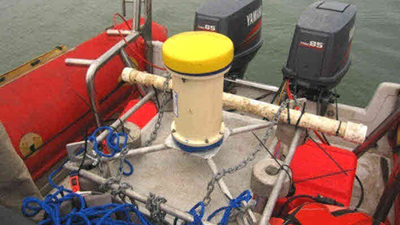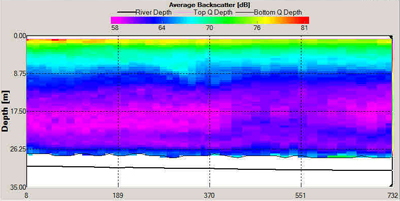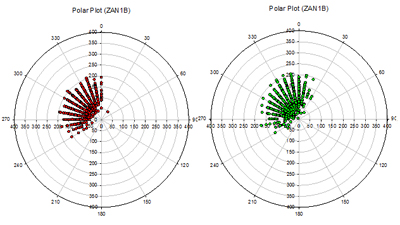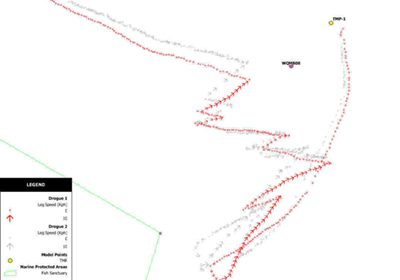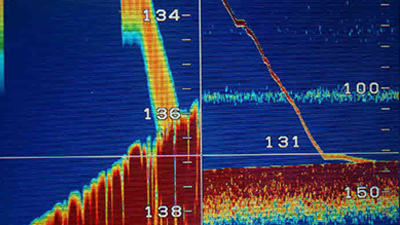Our Services
Hydrobiology provides a range of aquatic science services critical to baseline, impact and environmental risk assessments to assist port developers, port authorities, coastal industries and local councils. Our team offers skills and experience in marine ecology, water and sediment chemistry, ecotoxicology and coastal geomorphology.
Skills and Techniques
This capability focus sheet provides specific information on the ADCP (Acoustic Doppler Current Profiler) methods and applications utilised by Hydrobiology. ADCP methods use changes in the speed and frequency (doppler shift) of sound as it passes through the water column to measure a range of useful parameters for marine, estuarine and river flow studies including:
- Ocean / estuarine current direction and speed;
- River flow (discharge);
- Marine and river suspended sediment;
- Wave heights and direction; and
- Water column stratification.
Hydrobiology has ADCP instruments (RDI Workhorse) that it can deploy in bottom mounted (sea floor) or boat mounted (GPS tracked spatial mapping survey) configurations. This data can then be further processed to obtain current speed and direction statistics, sediment transport loads and directions (Sediview software) and/or wave condition statistics. Alternately, raw data can be used for 2-D and 3-D hydrodynamic model calibrations and verification.
- Boat deployed “snapshot” mapping of currents (using differential GPS);
- Boat deployed river cross section flow and sediment discharge;
- Longer-term deployments for static current measurements (up to 70 m of water column with current speed and direction recorded every 0.5 m);
- Providing inputs and collaboration with hydrodynamic modelling for data acquisition and deployment design;
- Combination of ADCP measurements with other marine capabilities (e.g. hydroacoustic biomass mapping, physico-chemical profiling and habitat mapping) to provide a “multiple lines of evidence” approach to ecosystem assessments.
Applications
- Port development – baseline oceanographic and environmental studies;
- Aquaculture projects;
- Desalination discharge assessments;
- River hydrology and sediment transport studies (geomorphic);
- Estuarine water movement and exchange studies;
- Effluent (e.g. TWW) and pollutant transport studies.

